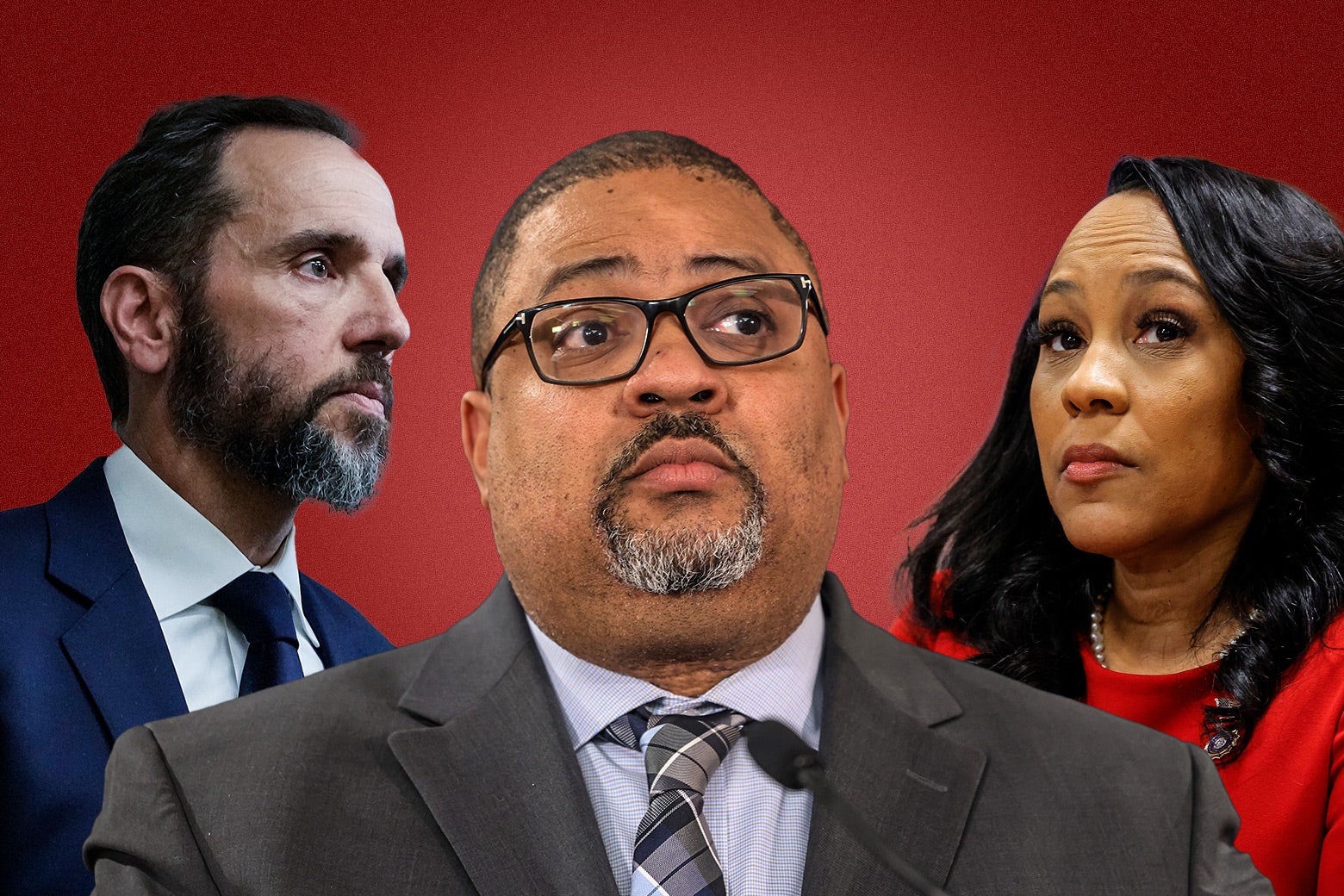Entertainment
Prominent Lawyer: No One Is Above the Law, Except Donald Trump

In a recent opinion piece for The New York Times, Tom Goldstein, a prominent Supreme Court lawyer and founder of SCOTUSblog, sparked widespread discussion with a controversial assertion: the law doesn’t apply to Donald Trump as it does to the average citizen. Goldstein’s argument, emerging after his retirement from a career that spanned over 40 cases before the Supreme Court, centers on the notion that Trump’s election win renders any alleged criminal activity null and void.
Goldstein contends that with Trump’s victory in the 2024 election, ongoing legal proceedings against him should be promptly dismissed. He posits that the will of the people supersedes the judicial system in this context, suggesting that the election effectively served as a trial exonerating Trump from his legal troubles. He cites various allegations against the former president, including attempts to overturn the 2020 election results, illicit payments to suppress negative news, mishandling classified documents, and involvement in the January 6 insurrection. However, he refrains from defending Trump’s actions, instead framing the prosecutions as politically motivated.
This rationale raises significant eyebrows. The distinction between a criminal trial—held in a judged and regulated setting—and a presidential election, which can be swayed by myriad external factors, is glaring. Courts make determinations based on facts and evidence, while elections reflect a broad and often tumultuous public opinion landscape, heavily influenced by funding and media narratives. To equate the two processes is, quite frankly, bewildering.
Goldstein’s argument hinges on a slippery-slope scenario, expressing concern that allowing state prosecutions of a sitting president could lead to politically charged retribution in future administrations. Yet, he seems to overlook the fundamental principle that no individual, regardless of their status, is above the law. His assertion that Trump is “not an ordinary man” opens the floodgates for an interpretation of justice where elite figures are afforded special considerations—a disconcerting precedent.
Throughout his op-ed, Goldstein emphasizes a supposed danger of politically motivated prosecutions, suggesting they threaten the fabric of democracy. He implies that if Democrats pursue these legal actions, it is rooted not in faith in the legal system, but out of animosity towards Trump. However, he fails to address the ramifications of his proposed framework, wherein any crime committed by a sitting president could be overlooked if that individual retains public support. In essence, this could transform elections into a shield against accountability, allowing privileged individuals to evade the consequences of their actions simply by securing a popular mandate.
Goldstein’s logic recalls the famous Nixonian doctrine that positions presidential actions as beyond the reach of the law. His arguments strip the legal framework of its integrity, suggesting that only the powerful can escape the jaws of justice by leveraging their political standing.
Moreover, the notion that elections could serve as a get-out-of-jail-free card not only undermines the principles of accountability but also reveals a troubling trend where elite lawyers feel emboldened to contort the Constitution to suit their clients. If this is the new normal, Americans may soon find themselves living in a system where wealth and influence dictate legal privilege, while ordinary citizens remain subject to harsher legal realities.
Tom Goldstein’s opinion piece, more than anything, unveils a shifting perspective on justice in America. It highlights the precarious balance we face as a society in addressing power dynamics, accountability, and the rule of law. As this debate continues, the implications for our democracy remain profound, raising the question of just who is truly above the law.
